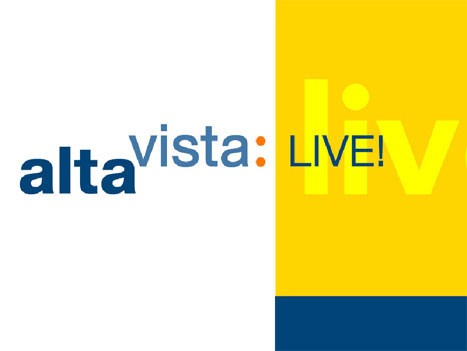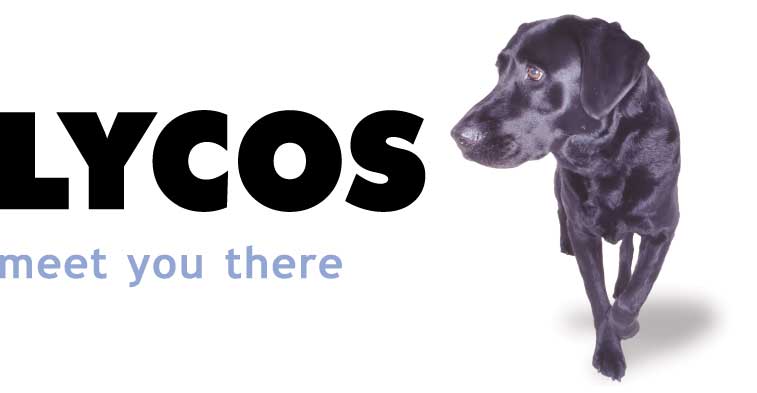16. Kiko

Kiko, the Y-Combinator funded, web-based calendar startup, offers another timeless lesson from the realm of Internet failures: staking your entire gameplan on huge numbers of users. This is what businesspeople call “the chicken and egg problem”, or creating something that people will only want once other people are already using it. According to the founder’s “Kiko eulogy”, the company did not run out of money. Rather (like some other other startups on this list), it decided to pull the plug for lack of overall direction. The sudden emergence of Google Calendar also didn’t help matters.
17. AltaVista

Although AltaVista still technically exists, it is but a shell of its former self and what it promised to become. The once-mighty search engine has fallen from anything resembling market leadership in that field, and their failed foray into free dial-up Internet access is another common Internet joke. Despite blaming the failure on Britain’s telecom industry, analysts generally agree that AltaVista’s inability to capitalize on opportunities (like buying Google’s search technology when they had the chance) is what sunk them.
18. Lycos

Lycos bears a similar story as a once-proud and popular Internet portal that lost its edge virtually overnight. In his book “The Search”, John Battelle writes about how Lycos gradually lost its presence in the search market to increasingly spammy and commercially-dominated listings. “By 1998”, Battelle writes, “the majority of results matching a search for ‘cars’ on Lycos were porn sites.” This, combined with Lycos’ failure to evolve in any meaningful way past what every other web portal was doing resulted in the company falling from relevance, a position from which it has never really recovered.
19. FreeRide

FreeRide was an early Internet company (founded in 1995) build on an idea similar to Flooze and Beenz – ie, accumulate points that you can redeem for things you actually want. While FreeRide managed to partner with a good number of popular merchants, they suffered basically the same problems as Flooze. Users redeemed points faster than sponsors paid FreeRide for them (sometimes taking as long as 4 months), creating serious cashflow headaches for the struggling company.
20. LifeJacketStore.com

LifeJacketStore.com was, as the name implies, an online retailer specializing in life jackets and aquatic/boating merchandise. Unfortunately, the website “went under” due to lack of expansion funding and the resultant cash flow crunch. A postmortem note on the company website offered little other reason for the company closing, other than a list of manufacturers whom users could contact regarding refund or warranty issues.